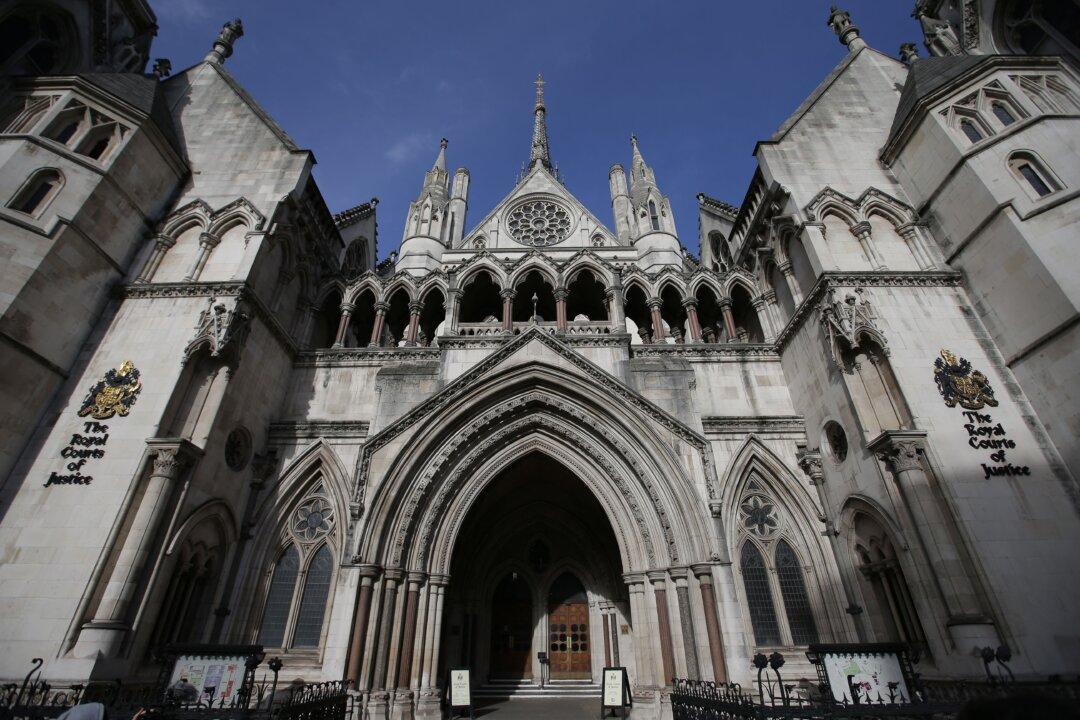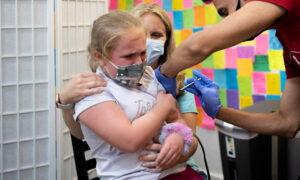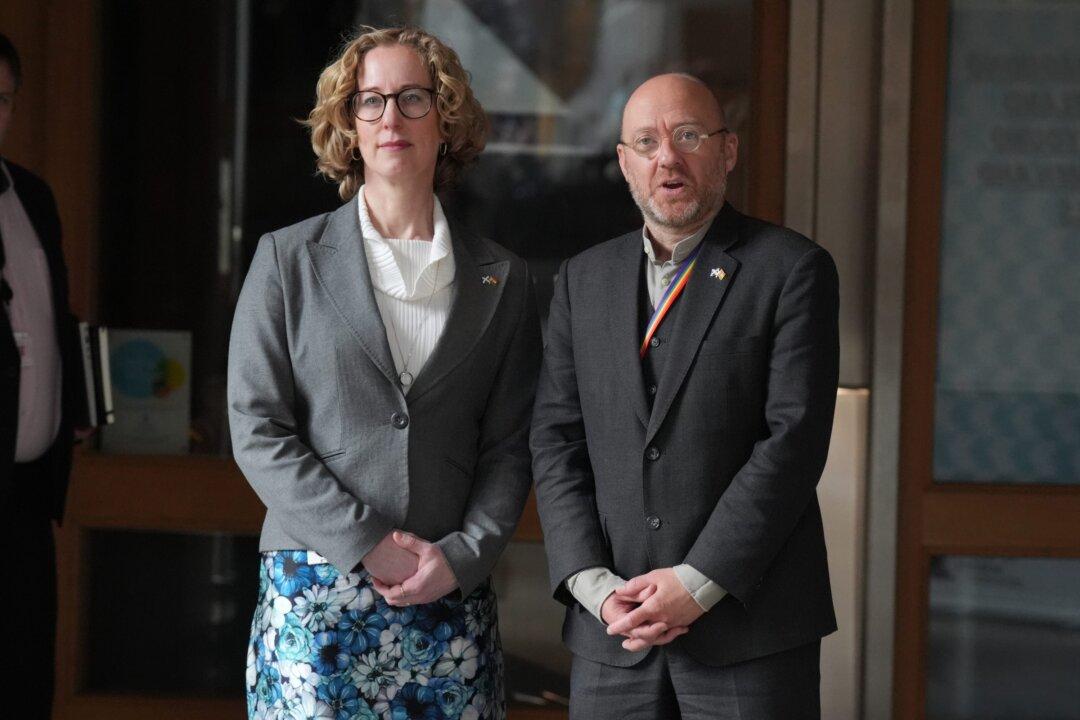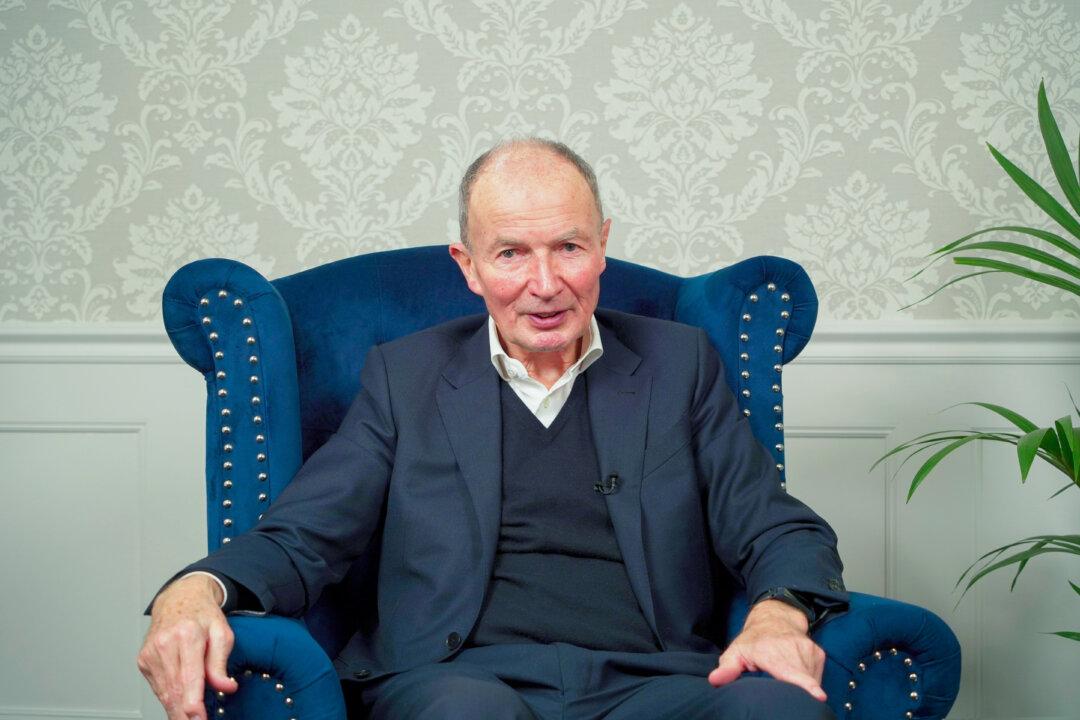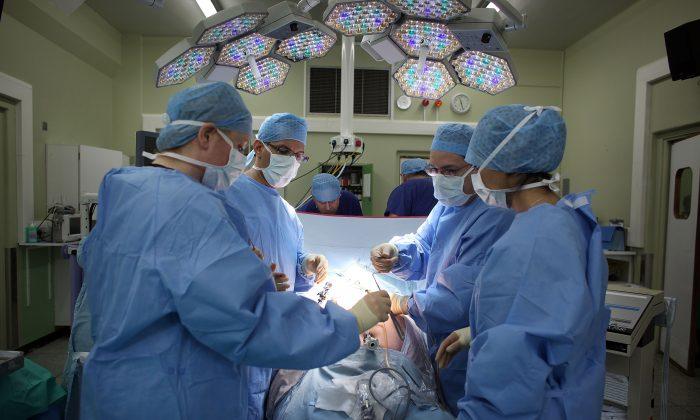A legal battle will return to the high court after two judges ruled a 23-year-old mentally disabled man should be given the COVID-19 vaccines in spite of his mother’s wishes and a specialist report warning the jab could cause him serious harm.
The case will set a legal precedent in the matter of who decides whether adult children who cannot consent should receive state-sanctioned treatment where the parents do not want them to, with the judge who made the initial order calling it “an ethical dilemma in an untested area.”
The woman does not want her son to have the mRNA jabs, and a world-leading medical expert has stated that Tom could be at serious risk from the vaccines because of his chromosomal abnormality and his heart condition.
Despite this, two judges separately ruled that Tom should be jabbed and issued court orders in favour of the local authority, who initiated the action against the mother.
Rare Chromosomal Abnormality
Tom was born with a rare chromosomal abnormality known as trisomy-13, which caused him to have severe learning difficulties and no speech. He was born with a cleft palate and congenital heart disease, which he had major surgery for.“He was one when he had his heart surgery. I just kissed him on the forehead and said I will always protect you. And this is what I feel I’m doing at the moment,” Tom’s mother said in a video interview.
“It’s just like having a baby, he is a baby, he has a very young mental age. But he’s in a grown man’s body.”
Tom’s mother is a single parent and has always looked after her son full-time, receiving some help with his care from the local authority.
She said: “They [the local authority representatives] suddenly appeared after the lockdowns. They said, we’ve come to just have a check-up—but it was an unusual visit. And the doctor approached me again and said, ‘Can you tell me again, why is it you don’t want to have the vaccine?’
“It was just after I'd spoken to the doctor I got a big envelope through the post and (they were) taking me to court. I just couldn’t believe it.”
Tom’s mother sought the opinion of a specialist in Tom’s condition. She found paediatrics Professor Martin McCaffrey in the United States, who said that Tom would be at “significant risk” of having an adverse reaction to the jabs because of his body’s inability to process RNA in the same way as most people due to his chromosomal abnormality.
Mr. McCaffrey said that Tom was at further risk because of his heart disease and previous surgery—and that based on the principle of “first do no harm,” it would be unethical for him to be given the jabs.
The first hearing took place in a Manchester court in September 2022 where judge Mr. Justice Burrows ruled that Tom should receive the recommended course of vaccinations despite the warnings of the specialist and his mother’s objections.
Mr. Justice Burrows said he could not know for sure how Tom would act if he had mental capacity, but although he would likely have been influenced by his mother, in his opinion, he might also have “been a responsible citizen” and taken the vaccine to protect others.”
“One further factor relevant to the best interests of RN is whether he may have made an altruistic decision—i.e. to receive the vaccine to protect the community at large, or in a narrower way, such as his family.
The Precautionary Principle
Representing Tom’s mother, barrister Francis Hoar argued that the precautionary principle should be applied when assessing the risks and possible benefits of the vaccines because the technology was new and the medium to long-term risks could not be known.Tom’s mother gave evidence in person and submitted around 500 pages of articles and reports on possible vaccine side effects and natural immunity—but the judge said the role of the court was not to determine whether or not the vaccines are safe and effective but to apply the guidance of the government’s green book on immunisation.
Two doctors, including a GP and a cardiologist, gave evidence stating it was in Tom’s best interests to have the jabs as he is considered more “vulnerable” to the effects of COVID-19—despite the fact he had already had the virus without serious consequences, as proven by the presence of antibodies in his blood.
An order was made in favour of the NHS Integrated Care Board, but after reading the specialist’s report, Tom’s GP refused to give him the jabs, with the head pharmacist of the local vaccination centre also declining because of concerns over their insurance liability.
Mr. Justice Hayden upheld Mr. Justice Burrows’s decision at a high court appeal in December 2022. Barrister Paul Diamond argued that Tom’s mother should have full and continuing parental rights because Tom lacks “Gillick competence” needed to consent to medical decisions.
Mr. Justice Hayden said that Tom should not be treated as if he were a child and therefore subject to parental rights—despite the fact he has a mental age of around 18 months, takes pleasure in being shown story books about animals and could never look after himself.
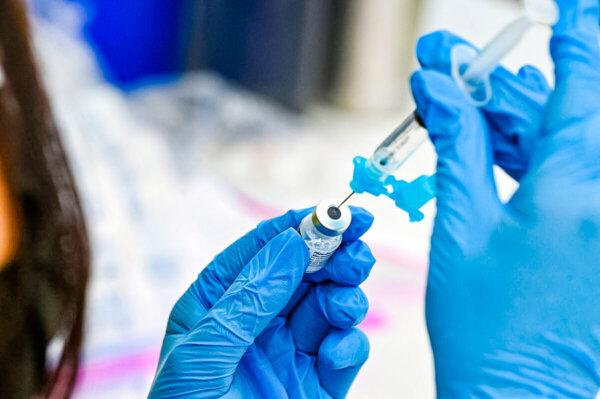
‘A Subversion of Adult Autonomy’
“An adult who lacks capacity is not and should never be treated as a child. That paternalistic approach has long ago been consigned to history and recognised for what it is, a subversion of adult autonomy,” the judgement ruled.The judge paid tribute to the “sincerity” of Tom’s mother’s beliefs, and to the devoted care she has given to her son, but ruled that, “Children are not chattels of parents. Our domestic law emphasises responsibilities rather than rights.”
Several months after the high court decision, Tom’s mother again heard from the local authority’s solicitor, who told her they had found a doctor who was willing to administer the jabs.
She was given a list of dates to choose from for her son to receive the first injection but refused to make an appointment.
“They expect me to walk my son into a room knowing that something will be injected into him that potentially could harm him or kill him. To be honest, I just find it so cruel, what they’re doing,” she said.
“She [the local authority solicitor] informed me there'd be two people in the room, and that I could attend, but if I showed any sort of resistance then they would ask me to leave the room.”
“I don’t understand why she feels he has to have it, especially as he has already had COVID-19—more than once—he has natural immunity.”
Thanking her supporters for messages and donations, she said: “I have to stay strong. We’re a unit and I love him with all my heart. And I’m everything to him as well. He knows when I’m upset. He puts his arms around me and he kisses me all the time.”
The case will now go back to the high court and will again be heard by Mr. Justice Burrows.
The grounds for the latest appeal include that the two judges at the court of protection failed to uphold common law parental rights as well as Article 8 rights of a mother in relation to a non-Gillick competent adult child.
